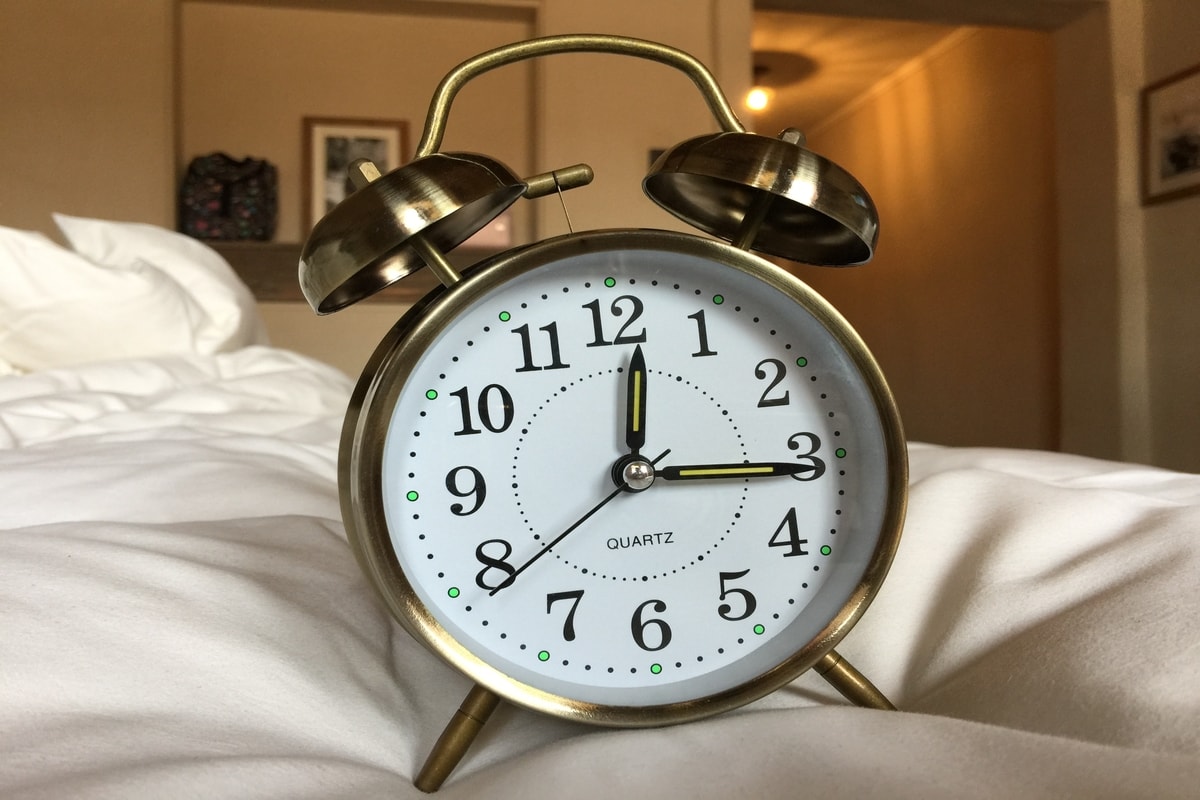Does lack of sleep affect your vision?

Feeling tired seems to be an unavoidable part of adult life. You drag yourself out of bed at 6.30am when the alarm sounds, heading bleary-eyed for the bathroom. Fast forward an hour and you’re struggling to keep your eyes open on your commute to the office. Then, you spend the next 8 hours sat at your desk fighting the drooping eyelids and making copious cups of coffee just to get through to 5pm. Sounding familiar? This is everyday life for millions of us. Adults need a minimum of 5 hours sleep a night to feel somewhat refreshed, but a shocking 35% of us get an average of less than 5 hours each night (between 7 and 7.5 hours is actually optimal for adults). Then, when we do actually lay our heads to rest on the pillow, 51.3% of us struggle to get sleep. It simply feeds into a vicious cycle, leaving us more exhausted than ever.
What are the risks that come with lack of sleep?
We all know that not sleeping enough can make us feel lethargic, lose focus, and feel irritated. In terms of the appearance of our eyes, we’re also all aware of the puffy lids, bloodshot sclerae, and under-eye bags that come with a lack of sleep. But, do we know how not getting enough hours rest can affect our overall eye health? There are a worrying number of side effects, varying in their severity and level of discomfort:
- Eye spasms
- Light sensitivity
- Blurred vision
- Glaucoma
- Difficulty in focusing eyes
- Dry eye disease
- Eye infections
- Total vision loss
Eye spasms can be uncomfortable and cause irritation throughout the day but they don’t actually harm your vision in any way. Also known as myokymia, the spasms occur as a result of your eye not being rested enough, and the subsequent straining to focus your vision against the twitching the next day can make it even worse. Light sensitivity and blurry vision can both occur as side effects of dry eye disease, which occurs when your eyes aren’t lubricated enough. Sleep is the time when the fluids you need for healthy eyes
circulate and hydrate your eyes. The fluid also cleans your eyes, protecting them against infections and refreshing them for the next day. It goes without saying that the longer you sleep for, the healthier and more hydrated your eyes will be.
Glaucoma is another condition which can be caused by not resting your eyes enough. It occurs when too much pressure builds up inside your eye, damaging the optic nerve and first affects your peripheral vision. If left untreated, it can lead to total vision loss but there are treatments available to halt its progression. If your eyes don’t rest properly overnight, rehydrating and recovering from the day, you place them under strain, which over time can trigger the onset of glaucoma. This is just one of the ways that not sleeping enough can eventually lead to total vision loss, alongside bringing on type 2 diabetes, which increases your risk of developing sight-threatening diabetic retinopathy.
How to sleep better
After all this talk about how your vision can be threatened by not sleeping enough, it’s important to actually discuss how to sleep better. This refers not only to your total hours spent in the land of nod, but also to the overall quality of your sleep. First and foremost, you need to ensure that your sleeping environment is giving you the best chance of good quality sleep. This includes factors such as lighting, noise levels and temperature. Generally, the darker your bedroom is, the better you’ll sleep. People are all different when it comes to noise levels; some like total silence, while other people prefer some background noise to help them drift off. In terms of temperature, most people sleep best when the room is between 18-20 degrees Celsius, and getting this right ensures that you’re not waking up either shivering or sweating in the early hours.
One of the most talked-about tips for getting good sleep in this digital age is to avoid screen time before bed. The blue light emitted by digital screens causes our brains to react in the same way they would if they saw sunlight. Essentially, our brains are tricked into believing that it’s daytime, and therefore don’t release the chemicals we need in order to feel sleepy. Avoiding screens for an hour before bedtime and dimming the lights around your home during this time period should help you feel sleepier.
In a similar vein, something else you should avoid immediately before bed is exercise. There’s a reason some people enjoy a morning run or gym session – it wakes you up and gets you ready for the day. If you’re having trouble sleeping, evening exercise might be the thing keeping you up at night. Try to limit any workouts to three hours before you go to sleep, in order to allow yourself to feel fully rested before bed again.
Finally, perhaps the most effective method of sleeping better is to stick to a routine. Everyday life can make this difficult, with different commitments on different days, but humans are creatures of habit. We’re evolved to thrive on routine and introduce structure to our days and weeks. Going to bed – and waking up! – at the same time each day means your body clock doesn’t have a chance to get out of sync… although this could well be a struggle at weekends!
